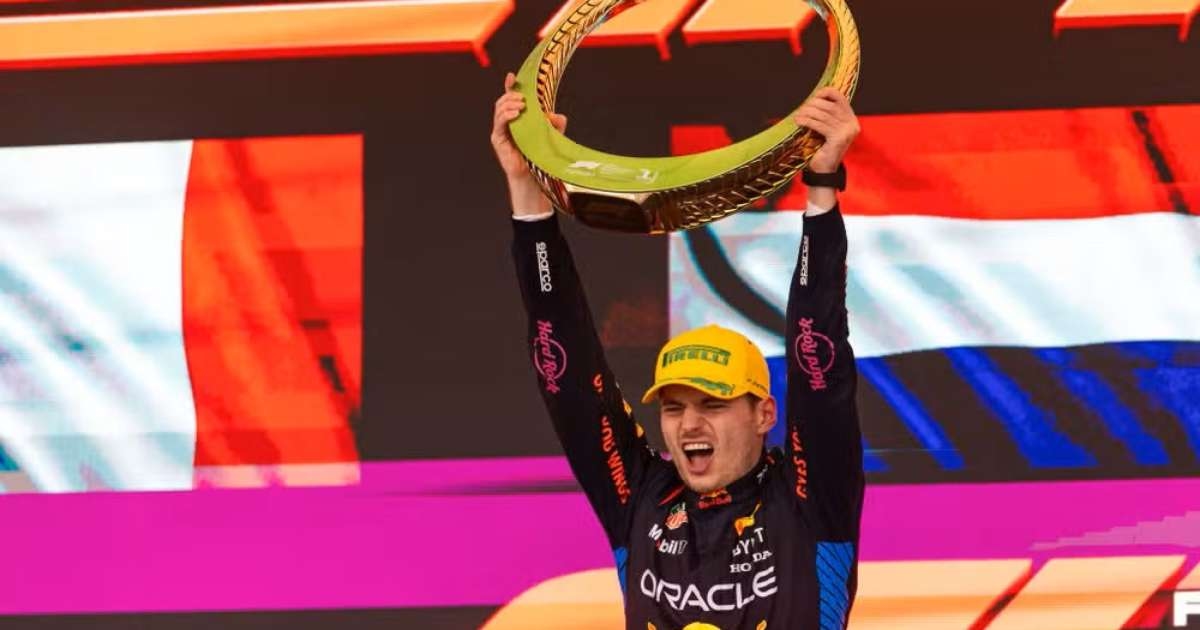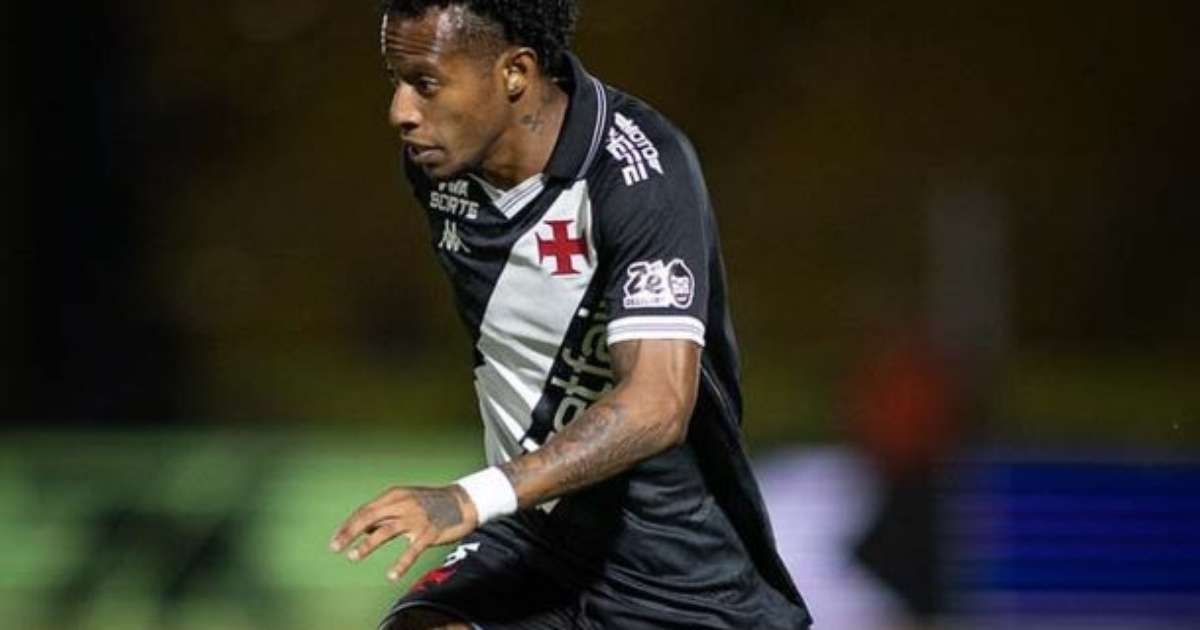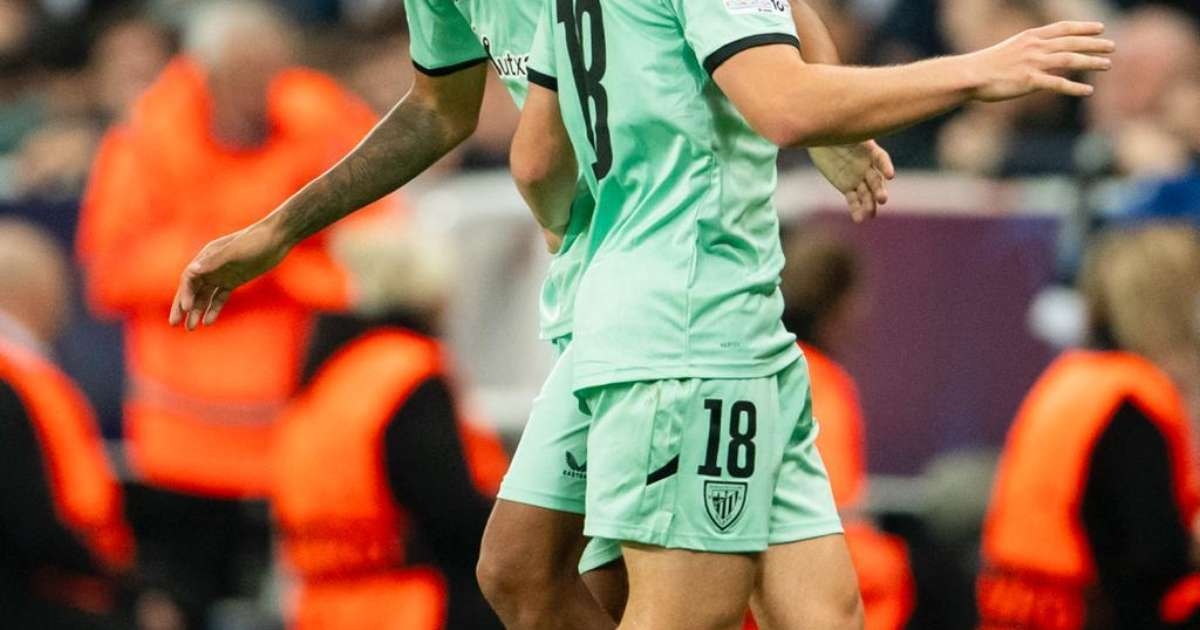F1: Who has won the most races in Brazil?

The Brazilian Grand Prix, currently held at Interlagos and formerly at Jacarepaguá, is one of the most emblematic races in Formula 1, marked by historic races and decisive moments. Alain Prost leads the ranking of victories with six wins between 1982 and 1990. Michael Schumacher follows with four wins, while Carlos Reutemann, Sebastian Vettel, Lewis Hamilton and Max Verstappen have three wins each.
Alain Prost: The Record Holder with Six Wins

Alain Prost achieved six victories in the Brazilian Grand Prix, split between Jacarepaguá and Interlagos, between 1982 and 1990, becoming the most successful driver in the race's history. In 1982, at Jacarepaguá, he inherited the victory a month after the race, following the disqualification of Nelson Piquet and Keke Rosberg, who raced with cars below the minimum weight. In 1984, the Frenchman crossed the finish line first, to the sound of the Victory Theme.
The retirements of Ayrton Senna and Nelson Piquet were decisive for Prost's triumphs in 1985 and 1987, both at Jacarepaguá. In 1988, also in Rio, Prost won after the disqualification of Senna, his McLaren teammate, for using the reserve car, in a controversy that intensified the rivalry between the two. Upon the GP's return to Interlagos in 1990, Prost achieved his sixth victory, while Senna, who started from pole position, finished third after colliding with Satoru Nakajima, in a race marked by tension and competitiveness.
Michael Schumacher: Four Victories at Interlagos

Michael Schumacher won the Brazilian Grand Prix four times (1994, 1995, 2000, 2002), all at Interlagos, establishing himself as the second most successful driver in the race's history. In 1994, at the season opener, Ayrton Senna spun at the Junção corner, allowing Schumacher to take the lead and win. The following year, 1995, the German crossed the finish line first, but faced an initial disqualification due to irregularities in the fuel in his Benetton. After an appeal, he recovered the points, securing the victory.
In 2000, already driving for Ferrari, Schumacher won at Interlagos, the year he would win his first title with the Italian team. The race was almost compromised by excessive wear on the floorboard of his car; however, David Coulthard was the only driver disqualified, but for a different irregularity, securing the German's victory. In 2002, Schumacher won again, forming a one-two finish with his brother Ralf Schumacher of Williams, and achieving his 100th podium in Formula 1, a historic milestone.
Carlos Reutemann: Pioneer with Three Victories

Argentine driver Carlos Reutemann won the Brazilian Grand Prix three times (1972, 1977, 1978), being the first to triumph in the race. In 1972, in the first Brazilian Grand Prix, held outside the official calendar, Reutemann won at Interlagos, with a grid of 22 cars and only seven completing the race, on a newly resurfaced asphalt track. The victory marked the beginning of Formula 1 history in the country, still outside the official championship. In 1977, also at Interlagos, the Argentine won again, consolidating his presence on the circuit.
In 1978, at the inaugural race in Jacarepaguá, Reutemann, driving for Ferrari, dominated the race, finishing almost 50 seconds ahead of Emerson Fittipaldi, who achieved the only podium finish for the Brazilian Copersucar-Fittipaldi team. In 1981, driving for Williams, Reutemann won at Jacarepaguá, ignoring team orders to yield the position to teammate Alan Jones. The decision secured the victory and reinforced his campaign for the runner-up position in the world championship that year, in a season marked by his competitiveness.
Sebastian Vettel: Three Victories with Memorable Milestones

Sebastian Vettel won the Brazilian Grand Prix in 2010, 2013, and 2017, with moments that went down in Formula 1 history. In 2010, his victory, along with a Red Bull Racing one-two finish with Mark Webber, prevented Fernando Alonso from clinching the world title early. The race also secured the Red Bull team its first constructors' championship. In the following race, in Abu Dhabi, Vettel became the youngest champion in the history of the category, at 23 years old.
In 2013, already a four-time champion after the Indian Grand Prix, Vettel arrived at Interlagos aiming to equal the record of nine consecutive Formula 1 victories, then held by Alberto Ascari. Despite pit stop problems and rain at the end of the race, the German won with a 10-second advantage over Webber, who was retiring from the category. In 2017, Vettel overcame Lewis Hamilton in a duel of four-time champions, securing his third victory in Brazil and reinforcing his competitiveness in a challenging season against Mercedes.
Lewis Hamilton: Three Victories and a Tribute to Senna

Lewis Hamilton won the Brazilian Grand Prix in 2016, 2018, and 2021, with performances that highlighted his skill and connection with the Brazilian public. In 2016, eight years after winning his first world title at Interlagos, Hamilton won for the first time at the circuit, postponing the championship decision against Nico Rosberg to Abu Dhabi, where the German became champion. In 2018, Hamilton benefited from an incident between Esteban Ocon and Max Verstappen, who was leading the race, to cross the finish line first.
Hamilton's most remarkable victory came in 2021. Penalized for an irregularity with his rear wing, he was disqualified from qualifying and started 20th in the sprint race, won by Valtteri Bottas. Hamilton gained 15 positions in the short race and, in the main race, started from tenth place after changing his engine. In 19 laps, he advanced nine positions, dueled with Verstappen and took the lead on lap 59. After winning, he paid tribute to Ayrton Senna, his idol, by raising the Brazilian flag on the podium, repeating the iconic gesture of the three-time champion.
Max Verstappen: Three Wins and Focus on the 2025 Title

Max Verstappen has won three Brazilian Grand Prix races (2019, 2023, 2024), maintaining a perfect record and scoring points in all eight editions he has competed in. In 2019, he won convincingly, consolidating his dominance at Interlagos. In 2023, he started 17th after a penalty and won in heavy rain, demonstrating skill in adverse conditions. In 2024, he repeated the feat, reinforcing his consistency on the circuit. In addition to his wins, he has podium finishes in 2016 (third), 2018 and 2020 (second).
For the 2025 São Paulo Grand Prix, which takes place this weekend, Verstappen arrives with 321 points, in third position in the Drivers' World Championship, 36 points behind leader Lando Norris. With a sprint race on Saturday and the main race on Sunday, the Dutchman is looking for a good result to reduce the gap in the title fight. Verstappen is competing with a special helmet, featuring the colors of the Brazilian flag and four stars representing his championships, symbolizing his connection with the local public and his ambition for the season.
terra




